The director of the Oscar-nominated Italian film talks about shooting in Rome and his leading man, Toni Servillo.
The Great Beauty (La Grande Bellezza) from Italy’s Paolo Sorrentino is nominated for Best Foreign Language Film at this year’s Academy Awards. The film, which won the Golden Globe for the same category, premiered at the 2013 Cannes Film Festival.
Toni Servillo stars as Jep Gambardella, a journalist who has charmed and seduced his way to the top of Rome’s lavish nightlife for decades. From the legendary success of his one and only novel, he has been a permanent fixture in the city’s literary and social circles. When his 65th birthday coincides with a shock from the past, he begins to take stock of his life.
Sorrentino spoke to Elbert Wyche about the challenges of shooting in Rome, the value of awards season and the benefits of a lasting working relationship.
In the film the camera is always moving, taking in every detail of a scene. What thought process is behind this choice? What are you trying to convey to the audience?
I wanted the lights to move in the film. So either the lights were moving or the characters moved in and out of the lights all the time. The camera is always in movement because it’s trying to discover something, to investigate the mysteries of human existence.
What inspired you to write the character Jep Gambardella?
The character was really inspired by a lot of my father’s friends and people that I have met in my home town. The essential characteristic that I was interested in exploring was the character’s age. When someone turns 65 they start to look at the essential qualities of life to get a sense that there’s something more than just things that are a waste of our time. He’s searching for something more real about life that he can latch onto so that he can begin to think about writing another novel. It’s finding something real that can bring some meaning to his life.
You’ve worked with the film’s star, Toni Servillo, on a number of occasions. How do established relationships help you in your process?
My relationship with Toni is now particularly one based on friendship and complicity. We use irony as a weapon with which we try to confront things. He’s the actor I can ask anything of, because he is capable of doing absolutely everything. I can now move forward with him with my eyes closed.
What was it like shooting in Rome?
Rome can be a very difficult city to shoot in and we happened to be shooting during a very hot summer in particular. The locations themselves were often very difficult to lock in. There’s a lot of difficulty in shooting in a place like Rome, which has a great sense of cultural heritage in the architecture and making sure that it’s protected.
The film has won numerous awards. What do awards mean to you as a director and as a writer?
Making a film, for a director, can be extremely risky. Winning these important awards can be extremely gratifying. Not just for a particular film, but also for your career and everything that has come before it. But it’s also very useful as a kind of stimulus moving forward; primarily as a way to continue working.




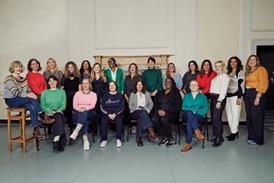
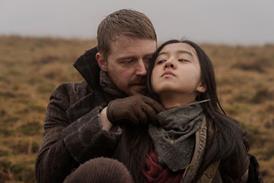
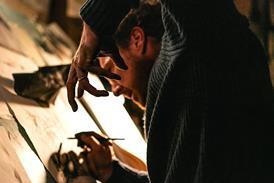
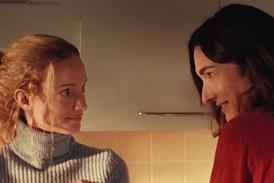
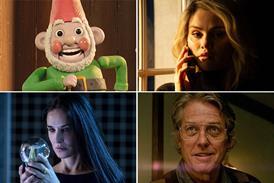



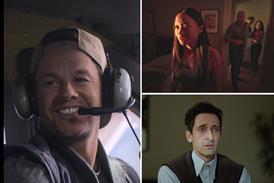
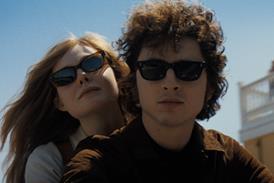
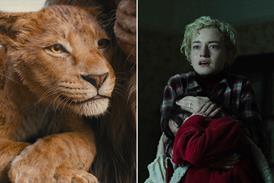
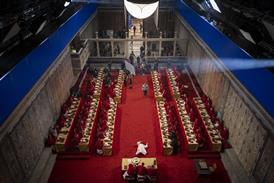
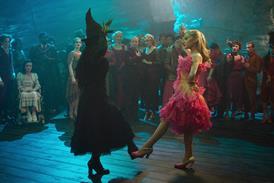
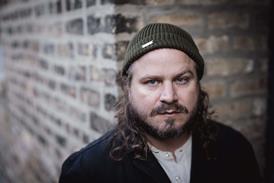







No comments yet